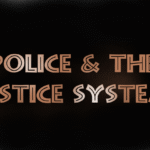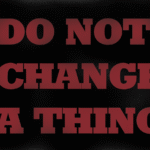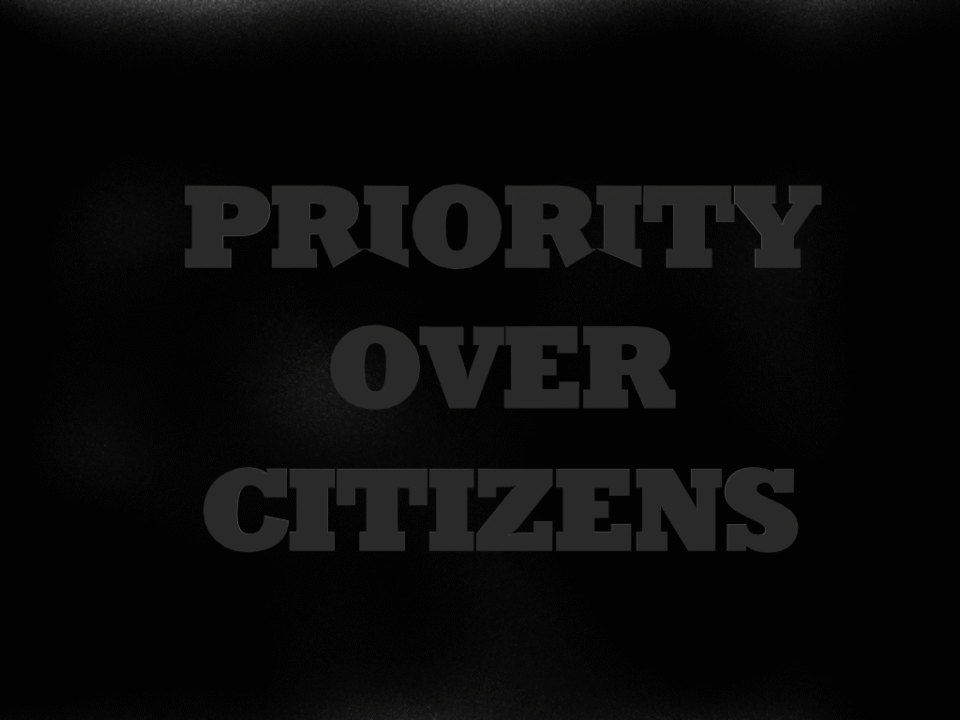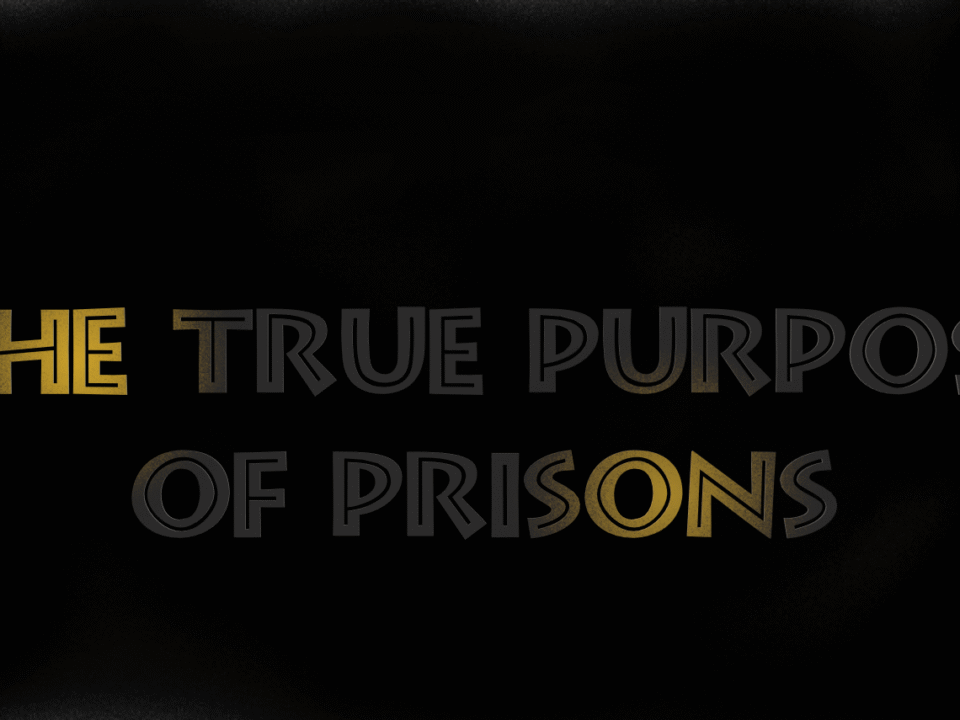
Police & The Justice System
July 12, 2025
Do Not Change A Thing
July 14, 2025Bio Of A Sociologist
Michael
Having joined the BSA at the end of 1951, I have been a member for longer than anyone else! A brief account of how I became a sociologist can be read in a collection of essays, New Social Connections*. It says a little about how, from school in Birmingham, and from wartime service in the Royal Navy, I came to the London School of Economics to study economics.
I thought that a qualification in that subject might be a path to a good income. My first‐year tutor was a sociologist from Chicago, Edward Shuls. Though a rotten lecturer, he was an inspiring tutor, and he promptly recruited me to his enthusiasm Some may see my tale as a story of opportunities seized, with a measure of perseverance.
Others will say that I had a more than ordinary share of good fortune. Shuls advised me of lots of books in sociology and social anthropology to read; he recommended me to go to listen to Karl Popper because his was ‘probably the most interesting teaching in the school at present’.
I never received better advice. Popper, even more than my other teachers, conveyed the inspiring conception of an academic career as devoted to the advancement of knowledge.
As an ex‐serviceman, I had a good grant. So I read voraciously for at least nine months each year without ever needing to supplement my income by paid employment. Hoping for a career in social research, I did not bother to contact the Careers Advisory
Service but simply hoped for the best. It was a great disappointment that, despite my hard work, I graduated in only the `lower second’ class.
That was when the perseverance was needed. After a discouraging wait, I was fortunate to secure a graduate studentship (though it was not called that in those days) in the Department of Social Anthropology of the University of Edinburgh; it was under an entrepreneurial head of department who was good at raising funds for research.
My appointment was to study `colonial stowaways from West Africa, who, after arrival, were sentenced to a term of imprisonment. I interviewed some former stowaways in HM Prison Brixton. As I expected, it was an unrewarding exercise, so I persuaded my supervisor to change it into a study of what was then called
`the coloured quarter’ in London’s East End. Before I had finished, my head of department had raised funds for me to look further back into the chain of migration. I was to study migration from the rural areas within Sierra Leone down into the coastal capital, Freetown.
Six years after starting at Edinburgh, I was back in that splendid city with a wife and three children to support from an income of £700 p.a. (in those days university teachers received an allowance of an extra £50 p.a. for each child!)
None of my colleagues was expecting the expansion of the universities and of the social sciences that occurred in the nineteen‐sixties, so it was a period when it helped to be optimistic. Nevertheless, the opportunities came, I published a sequence of books and articles, and this brought rewards to both my morale and career.
Now, in my mid‐eighties, I am still submitting myself to the hazardous discipline of submitting articles to the editors of `indexed’ journals (i.e., the quality journals that require submissions to be in a form that gives no indication of who the author may be, so that they can be sent for `peer‐review’ by referees chosen by the editors). I get rejections as well as acceptances. Contributing to the growth of sociological knowledge is a vocation to which I was called more than sixty years ago
Sheila
Many were mature students whose war and post-war experiences were quite outside mine. Some in my year admitted to being equally baffled. I began to realise there was much to learn if I was ever to get to grips with sociology.
So the challenge of a new subject sent me off to the library where I could read for hours without interruption.
This was the luxury of “reading” for a degree that I had dreamed about. Though there were set course we were encouraged to attend lectures in a broad range of subjects and to read widely.
The discipline makes great demands – learning to formulate questions and evaluate different theories and evidence relevant to answering them was challenging, but very enjoyable. Through listening to lectures and discussing endlessly with fellow students, sociology opened up a new world.
Analysing how and why people behaved as they did, in my own society and those far removed from mine in space and time, was illuminating and brought an intellectual excitement which has never left me.
Sociology is now studied in schools and under innumerable different rubrics within higher education. However, the questions about social relations and actions and the theories which help us to understand more about them which we struggled with have stood the test of time and remain relevant to those at the beginning of their sociological journey.
Mary
I began by journey to Sociology by rejecting it, and I did so because it seemed to me that the subject was too focussed on the personal and too little on the political. As a pupil at a girls’ grammar school in the 1960s
I was desperate to escape from what I perceived as the expectation that girls would care about the family, the community and education.
I wanted to know about Marx, about conflict, about social change and what I perceived as the world outside the domestic and the suburban. So I read Politics at the London School of Economics.
Part of my hopes were realised by this choice of subject. To listen to Michael Oakeshott lecturing on the Greeks was an experience which still remains vivid, not least because it was passionate, idiosyncratic and uncompromising. The same adjectives applied to the lectures by Ralph Miliband on the state and socialism.
On the other hand, there were (I think) courses on local government of which I remember little. The three years of this degree course were, however, exactly what I had hoped for, in that the issues and the literature were a long way from all my previous experiences.
Now comes the ‘however’. After four years of studying politics (and then political sociology) some vague but insistent doubts about what I was studying started to trouble me.
By this time I had decided that what I wanted to be when I was not very much older was an academic, and so I had to find a subject, and an area, which interested me enough to sustain months, if not years of work. Throughout both my undergraduate and graduate degrees
I had continued to read fiction, now contextualised in a very different way from that of A Level English. George Eliot, the Brontes, Elizabeth Gaskell and Jane Austen all started to have a new meaning: a meaning that was brought into being by reading Marx and E.P.Thompson and Richard Hoggart and Raymond Williams.
If I had had the wit at the time I would have thought more about the implications of male theorists writing about female writers of fiction, but what I took from these encounters at this point was the idea of studying literature as politics.
That took me to the sociology of literature ( such as it then was) and – with other women of generation – to feminism and the rethinking of how we understand the political.
The movement across disciplines – from Politics to Sociology – was not difficult to make. I had by this time decided that I had little interest in the institutional and was far more concerned with social processes – the how of the order of the world, indeed what was behind the order of the world.
Things were getting personal and with others of my generation I began to question all those assumptions about the gender of the social actor and the theories which explained ‘his’ actions.
The way to this was, for me, through the richness and the depth of literature: narrative fiction could give to the study of human action and motivation a complexity and an understanding of ambiguity which was virtually absent from much political and sociological writing.
But Sociology was the discipline which was more plural and the more diverse than other disciplines in the Social Sciences, and I have always welcomed and rejoiced in this diversity as much as I have come to loathe those who have wished to impose bench-marking rigidities on its curriculum.
Out of the various influences, experiences and situations (both personal and professional) which I have known it still remains the case that for me there is no greater intellectual resource than literature.
Yet what gives that literature much of its interest is the way in which I now see it within a context and within a set of arguments and differences of opinion about the way we should live.
In that sense I have no wish simply to study the world; rather I would like to give to others some sense of how we might think about who we are within it and how we might – if we wish – change it.
Perhaps in this I remain ‘political’, but it is Sociology which has given me some sense of how that word might be re-considered and re-negotiated.
John
Two sets of events during my adolescence did most towards taking me into a lifetime’s work in sociology: World War II and, as a sideshow within that, the Nazi-German occupation of Denmark, where I was at secondary school.
Not that I was actively involved in resistance, though elders close to me were. But, following hard on the heels of world economic slump, the war years and especially the contortions and perplexities of politics under occupation stirred me into much puzzlement about how it is that society ticks, and often ticks so badly. Turning to the social sciences for possible answers seemed obvious.
Just which of the social sciences was less obvious, but after a first undergraduate year of wide range around a core of economics I plumped for sociology. This was almost unknown territory for me, and as yet only a shakily established academic discipline in Britain,
but it seemed to promise insights – into where our societies have come from, and where they may now be going – wide enough to straddle the concerns and findings of other, more specialist social sciences.
I have not regretted my choice. True, if I’d hoped perhaps to discover through sociology a means of stitching together some grand “theory of everything social”, that was too much to expect – from any single conceptual framework, including the modified sort of Marxism which I found and find still to give quite good mileage.
But this itself was a lesson well worth hard learning: a lesson, in crude summary, about how flux intermixes with constancy in societal affairs, causal determinacy with the unpredictable.
And sociology’s alertness to both constancy and flux, its elasticity of boundaries, above all a commitment – easier to proclaim than fully to sustain – to test speculation, complacent convention and prejudice of one’s own alike, by rigorous pursuit of evidence: these all make for enduring intellectual excitement. Invigorating puzzlement still too, for no answers are final.
Wide sweep of the subject also, of course, requires its practitioners usually to carve out some specialist path within it, if never in the process to lose sight of the larger horizons.
My generation’s ways into sociology bore a marked first imprint of common post war concerns with “social reconstruction” – with mapping features of contemporary society that had potently stultified much human endeavour and potential; and then with critical scrutiny of efforts for the better: political and policy concerns in a broad sense.
My own path of that sort took a start in urban sociology and research in city planning and housing. But it came over time to widen to a lasting engagement with issues of social inequality: inn particular those inequalities of economic source, but diverse impact which in shorthand are called “class”, and which have proved remarkably persistent alongside the now more readily acknowledged inequalities of gender and ethnicity.
The reality of flux in societal affairs makes for flux also in sociological preoccupations, and so may seem to outdate the concerns of past times. Accelerated globalisation, for example, has widened sociologists’ eyes to the multiplex stage of the whole world, and in consequence diminished the salience of western experience by itself for the subject’s development: very right so.
Or again, even within the parochial limits of western experience, the forward tide or aggregate “affluence” has tended to shift interest among sociologists – no doubt also among fresh recruits to the subject – some stretch away from the structural persistence’s of inequality towards, say, the complexities of socio-cultural influence on how people form their personal identities now in circumstances of more choice. Yet this sort of shift need not signal a stark choice between either-or.
Just as flux mixes with constancy, so “culture” interlocks with “structure”; and more choice overall conjoins with stubbornly set disparities of power, resource and opportunity that still make the realities of choice distinctly unequal.
Such links between approaches that may first seem in conflict, and indeed between all that is “social” are the enduring stuff or sociology. There is a lot to tackle there.
John Westergaard born 1927; secondary schooling in Denmark 1939-46; undergraduate, LSE 1948-1951; Research Worker, UCL and Nottingham University 1951-1956; Assistant Lecturer-Reader, LSE 1956-1975; Professor, Sheffield University, 1975-1986, emeritus 1986-……..
Robert
From my earliest days I had wanted to be in the Navy. The reforms of the post-war Labour government opened up the possibility of non-public school boys entering the Royal Naval College, Dartmouth – and I was one of the earliest to take up this opportunity.
By the late 1950s I was a Lieutenant in the Royal Navy apparently set for a life-time’s career as a seaman officer. By 1961 I was the Executive Officer of a small ship (which I briefly commanded, with my captain sick on shore).
Thus I acquired considerable responsibilities at an early age and thoroughly enjoyed all aspects of life at sea. But various influences both pushed and pulled me from this career.
The UK’s recklessness at Suez in 1956, where I served as a Midshipman in an aircraft carrier, unsettled me and the prospect of nuclear weapons (in the form of the submarine borne Polaris missile) challenged the very basis of my idea of service – which did not include the mass incineration of civilians. Thus a young naval officer felt quite at ease on an Aldermaston march.
Another influence at this time was George MacLeod and the Iona Community. I was a regular visitor to Iona in my leave periods. I remember one pacifist friend – a Presbyterian Minister – testing my resolution to change careers by arguing forcefully and cogently why I should remain in the Navy.
Oddly enough I was introduced to the Iona Community, a decisive influence in my life, by a Naval chaplain whose son was later to become one of my students in Durham (and is now a professor of sociology). So nuclear warfare and my opposition to it pushed me away from the Navy and the company of pacifists eased what might otherwise have been a very traumatic change of career.
I read very widely whilst at sea (one undoubted value of naval service). Two books were particularly influential in arousing my interest in sociology. I noticed a review of Reinhard Bendix’s Max Weber: An Intellectual Portrait in the New Statesman and Nation, so I sent for the book and then avidly read it from cover to cover.
I also acquired a paperback edition of Vance Packard’s The Hidden Persuaders. A more incongruous pair of volumes it would be hard to imagine but they covered the widest span of the social scientific enterprise. Later, through my former Greenwich tutor I had an interview at Hull University with Peter Worsley.
That was it; I wanted to have three years reading the kind of sociology that Bendix wrote about and to share the enthusiasms and commitment of Peter Worsley. I resigned my commission. Later inspiring teachers at Hull included Gordon Horobin and Derek Allcorn.
Like many of my generation my thinking was profoundly influenced by the work of C. Wright Mills who brought together a critique of ‘mass society’, the military industrial complex, bureaucracy and inequality in a way that was intellectually liberating.
His assertion that sociology enabled us to comprehend the interplay of biography and history and of self and the world was not only an inspiration but an aspiration. In those days, by the way, we read Talcott Parsons before we criticised him.
Until the very last of my undergraduate days the only British post-war book on sociological theory was John Rex’s Key Problems in Sociological Theory. I wrote to John and said that I would like to work with him, later he asked me if I would like to join him at Birmingham University on a race relations study in the Sparkbrook area.
By the time I was working with John in Birmingham I was fully committed to sociology as a vocation. I followed John to the new Department of Social Theory and Institutions in Durham, from where in 1969 I was recruited to Aberdeen university and then, in 1989 I moved to Liverpool.
In addition to my work on race relations and immigration much of my work has been in the ‘community studies’ tradition. It may be that my early career in the closed world that forms the naval officer, like Stein’s upbringing in a Jewish community, ‘left me with an intense desire for such communal forms and an equally intense dread of them’ (Stein, in Vidich,
A., Bensman, J. and Stein, M.R. (1964) Reflections on Community Studies 225). It was from Liverpool that I ‘retired’ in 2001 to a house in North Wales, overlooking the sea, where I could complete just one more community study.




